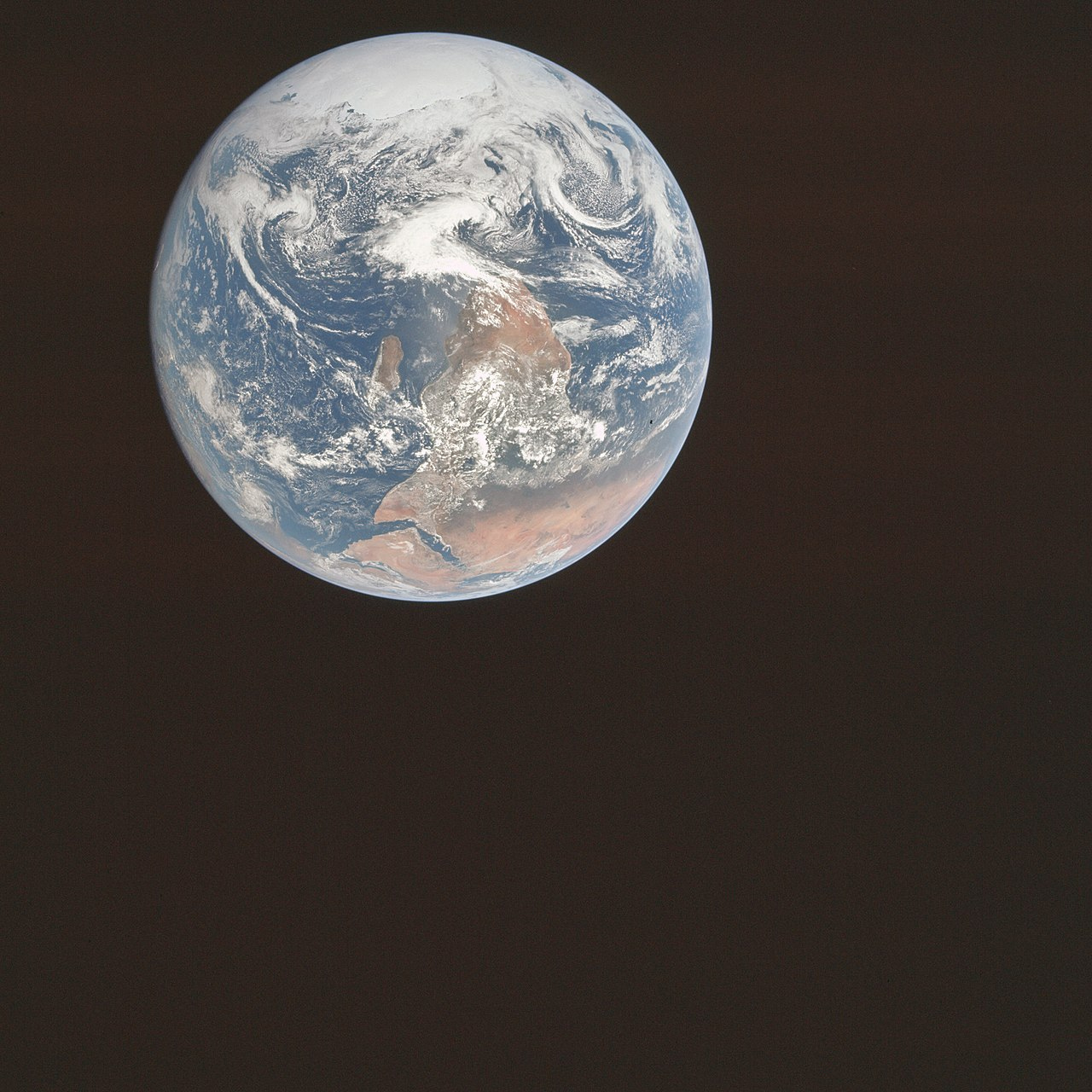About a thousand years ago, the Japanese court lady Sei Shonagon began writing what we now know as The Pillow Book. Some of the entries are stories and anecdotes from the royal court, others are lists that capture a wide variety of feelings and topics. The one that follows has a certain poetic beauty in the movement from one image to the next:
16: Things That Make One’s Heart Beat Faster
Sparrows feeding their young. To pass a place where babies are playing. To sleep in a room where some fine incense has been burnt. To notice that one’s elegant Chinese mirror has become a little cloudy. To see a gentleman stop his carriage before one’s gate and instruct his attendants to announce his arrival. To wash one’s hair, make one’s toilet, and put on scented robes; even if not a soul sees one, these preparations still produce an inner pleasure.
It is night and one is expecting a visitor. Suddenly one is startled by the sound of rain-drops, which the wind blows against the shutters.
I like to read sections of The Pillow Book with my world history students at the start of the year to think about the question of mentalité: whether or not the beliefs and attitudes of people in the past are substantially different from those of people today. It’s a tricky question. For every moment that seems strange and foreign to modern sensibilities there’s another that fits perfectly into the present, a testament to the old aphorism “the more things change, the more they stay the same.”

Samantha Harvey’s novel Orbital, which won the Booker Prize last year, is ostensibly about six astronauts aboard the International Space Station, but it’s really focused on the our understanding and experience of space itself. In this novel space isn’t what we pass through at warp speed on the way to the next planet but rather the entire setting, a disorienting and alien environment that changes how its characters see the world. It’s a continuation of the story that started with Copernicus, the decentering of humanity in a nearly boundless universe.
Paradoxically, this means that Orbital is backwards facing, with its gaze frequently cast on Earth rather than out into the deeper reaches of space. It is composed out of bits and pieces of human thought, an intellectual collection that mimics the payload of the Voyager Golden Records, with allusions to Diego Velázquez’s painting Las Meninas, Carl Sagan’s Cosmic Calendar, and, of course, The Pillow Book1:
Reassuring things:
The earth below
Mugs with sturdy handles
Trees
Wide stairways
Home-knits
Nell’s singing
Strong knees
Pumpkins
Besides the first entry, every item on this list (or something like it) could have been written a millennium ago. Orbital is a cyclical novel, both in how it is structured by the sixteen orbits that the station takes around the Earth in a twenty-four hour period, and by the moments that suggest that human mentalité has not changed very much. One of the astronauts comes to the same conclusion as he sits down to answer questions for a newspaper article:
With this new era of space travel, how are we writing the future of humanity?
The future of humanity is already written, he thinks.
There’s perhaps never been so exciting and pivotal a time in space exploration, he begins to write.
I enjoyed Harvey’s sly humor in showing the disconnect between knowing that something is true and giving the people what they want to hear. It’s a moment that captures her interest in author and audience, at who is looking at whom.
Years ago, my wife bought a thousand-piece puzzle of Las Meninas, and as we labored over it we were struck by the extensive dark spaces in the upper half of the painting2. I was tempted to crop the painting3 to make it fit better in this post, but then I noticed how similar it is to the original Blue Marble photo, only flipped: half bustling life and energy, half darkness and void. It’s a funny connection; I don’t know exactly what to make of it, but I appreciate that reading Orbital brought me to it.
Harvey uses a postcard of Las Meninas to consider the question of perspective, an in doing so provides a key to thinking about the act of reading and writing, both in general and with this novel in particular:
What is the subject of the painting? his wife has written on the postcard’s reverse. Who is looking at whom? The painter at the king and queen; the king and queen at themselves in a mirror; the viewer at the king and queen in the mirror; the viewer at the painter; the painter at the viewer, the viewer at the princess, the viewer at the ladies-in-waiting? Welcome to the labyrinth of mirrors that is human life.
Let’s swap out some words: What is the subject of Orbital? Who is looking at whom? The author at the astronauts in space; the astronauts at each other and themselves; the reader at the astronauts looking at each other and themselves; the reader at the author; the author at the reader, the reader at human nature and the people on earth? Welcome to the labyrinth of mirrors …
Harvey then pulls her focus back out to the astronauts:
Is your wife always so obsessed with petty small-talk? Pietro asks.
And Shaun replies: I’m telling you, it’s relentless.
Pietro stares for a while at the painting, and a while longer, then says, It’s the dog.
Pardon?
To answer your wife’s question, the subject of the painting is the dog.
It’s another funny moment, but it also feels unnecessary. I don’t need or particularly want to have the question of the painting resolved in this way, with dialogue that feels like it was written by Aaron Sorkin for an episode of The West Wing: here comes a character to give us an out-of-the-box answer that ties everything up ever so neatly. No thank you, let me sit in the labyrinth of mirrors a while longer.
This excursion into Las Meninas brings me to the weakness of Orbital as a work of literature, that so many of the questions of who is looking at whom fall away and in the end it’s just the author and reader, their eyes locked for better or worse. The six astronauts don’t end up doing much of anything; their presence is an excuse to ponder ideas about the meaning of humanity. This is the sort of task that is better suited to another form: an essay or a series of poems. Harvey’s work is poetic, but it also sometimes feels like an overwritten New Yorker article. For example, here’s Harvey’s conclusion:
Our lives here are inexpressibly trivial and momentous at once…. Both repetitive and unprecedented. We matter greatly and not at all. To reach some pinnacle of human achievement only to discover that your achievements are next to nothing and that to understand this is the greatest achievement of any life, which itself is nothing, and also much more than everything. Some metal separates us from the void; death is so close. Life is everywhere, everywhere.
This passage is lovely, but at the same time it’s not particularly interesting or new. The idea that we are both center of the universe and a tiny unimportant speck in some greater scheme is at the heart of religious and philosophical thought from about as far back as people began writing things down. The delight is in the details, and the details of Orbital aren’t particularly compelling; I won’t remember its characters for more than a few days at best.
That Orbital won the Booker Prize does say something about the question of modern mentalité. Right now we seem to value literature that tackles big topics and questions, even if it sheds little new light on them. This kind of story-telling becomes an affirmation of our own beliefs and worries — rather than being taken outside of ourselves and our experiences, challenged in new ways, we find our beliefs reinforced. In the end we are Velázquez’s king and queen, looking at ourselves in the mirror rather than the life in front of us or the darkness above.
It’s not a particularly subtle allusion; Harvey has the one Japanese astronaut on the space station compile this list.
It was a hard puzzle, I think we gave up.
Sacrilege!




